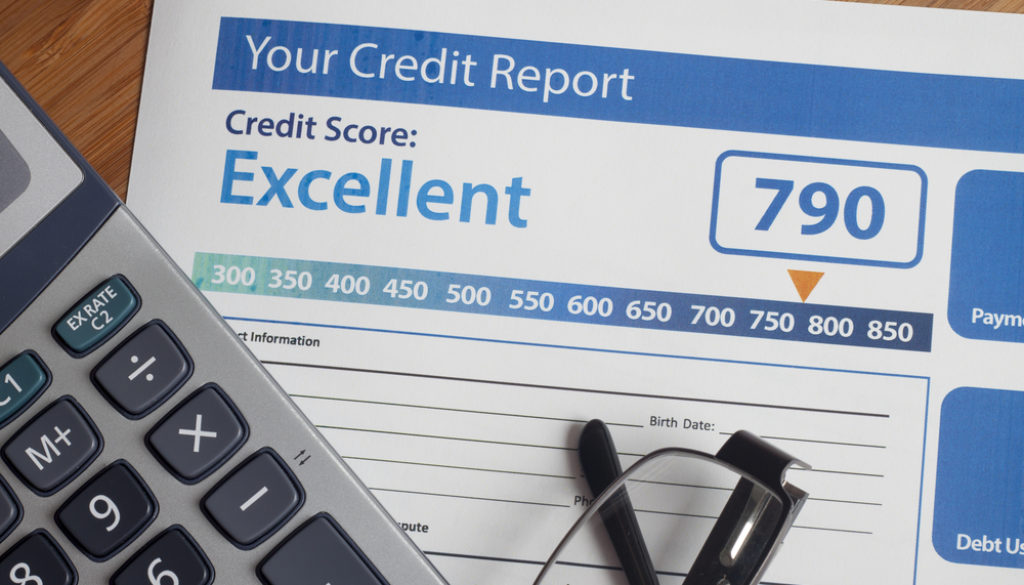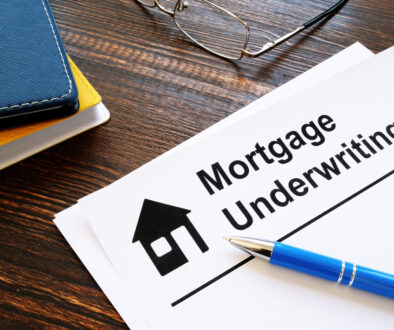Basics of Calculating Credit Score for Mortgages
When you’re considering everything from the kind of mortgage you’ll qualify for to how you’ll get the best mortgage rates possible, perhaps the single largest financial factor you’ll be thinking about is your credit score. This score, also commonly called a FICO score, helps lenders understand your history of credit and how likely or unlikely you are to repay a loan properly, meaning it can dictate which loans you qualify for and the kinds of rates you get.
At Primary Residential Mortgage, we have a variety of mortgage loans to fit a range of credit scores. Knowing how these scores are calculated can be helpful for many buyers – here’s a basic look.
Factors and Weights
FICO stands for Fair Isaac Corporation, and these scores have been used for nearly 30 years. FICO doesn’t release the exact formula for how their score is calculated, but it uses information from three separate reporting agencies (Equifax, TransUnion and Experian) that all collect data.
We may not know the exact formula, but we do know that there are five separate categories that FICO scores consider. Here are these categories and the weights assigned to them in order of most to least important:
- Payment history (35 percent weight): Paying accounts on time and avoiding late or missed payments.
- Outstanding debts (30 percent weight): What percentage of your total debt limit do you currently owe? If this is above 30 percent of your total available credit, it could hurt your score.
- Credit history (15 percent weight): The longer you’ve had established credit accounts, the better. How long it’s been since you used these can also play a role.
- New accounts (10 percent weight): New accounts can be good, as they raise your debt limit. But too many opened in a short period of time will cause your account to be flagged and will lower your score.
- Credit mix (10 percent): Are you using multiple different types of accounts or credit lines? This also plays a small role.
Score Ranges
FICO scores range from 300 to 850, the higher the better. Every lender will be a bit different in terms of how they categorize scores and what these categories mean for the kinds of loans and rates you qualify for, but some general basics to keep in mind:
- Over 800: Excellent
- 740-799: Very good
- 670-739: Good
- 580-669: Fair
- Below 580: Poor
For more on how credit score is calculated, or to learn how to raise it and the kinds of mortgage loans it can help you qualify for, speak to the pros at Primary Residential Mortgage today.




